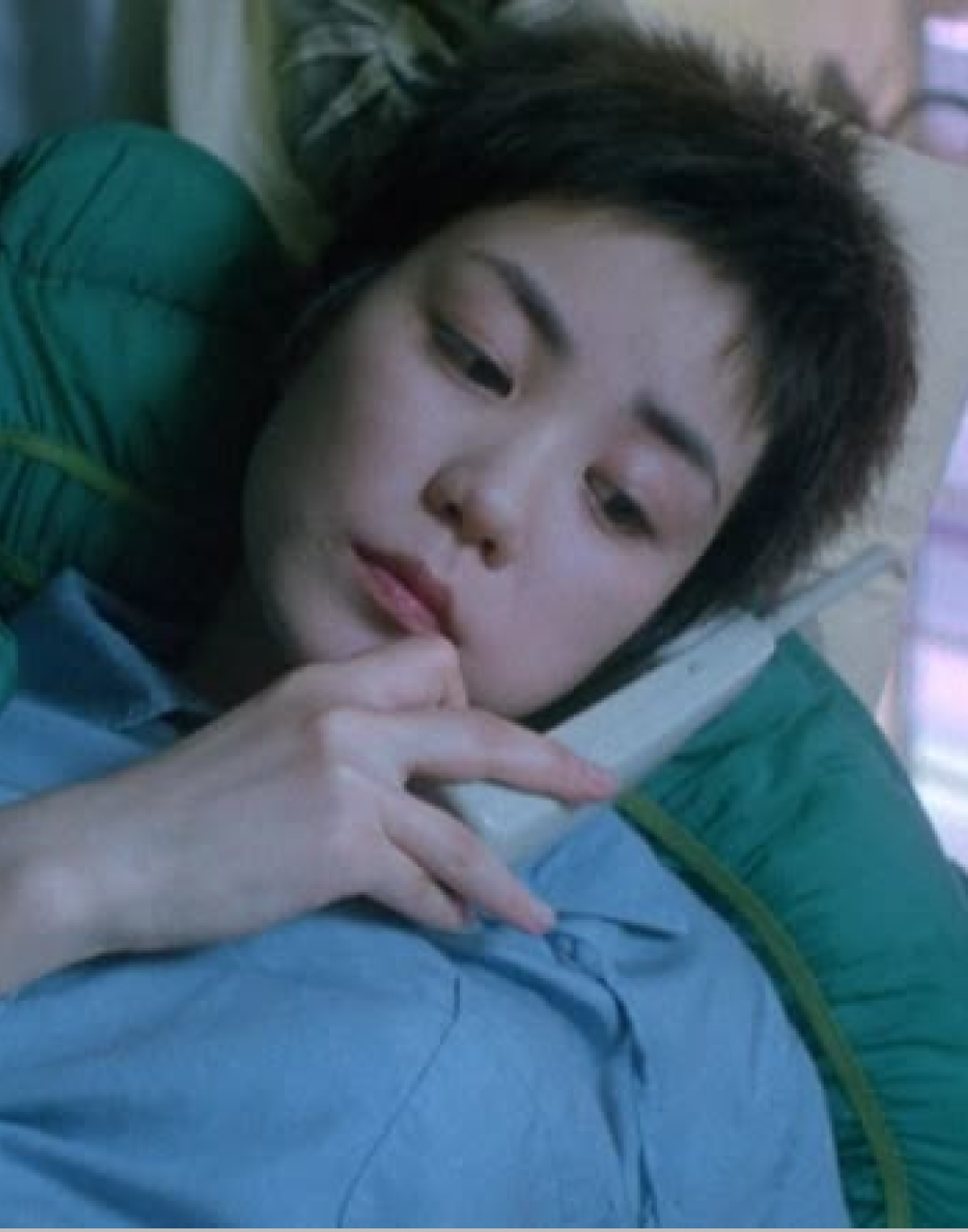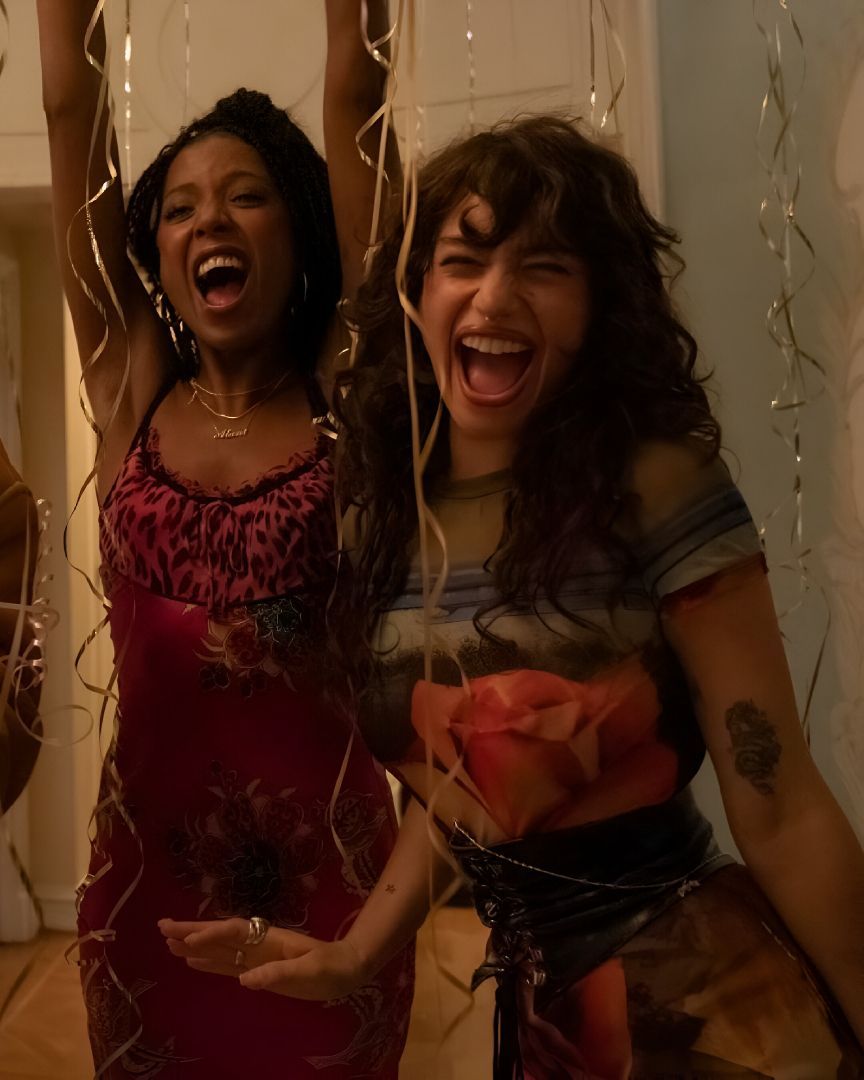
When memes mingle with politics The new levers of political strategy in 2024
With the presidential elections fast approaching on November 5, 2024, Joe Biden steps aside for Kamala Harris, who is determined to defeat Trump by any means necessary. And if there's one method that's gaining popularity in politics, it's memes. They have become essential political tools in the United States over the years, driven by Generation Z, where their ability to distill complex messages into striking visuals has radically transformed the way election campaigns engage voters. Everyone remembers the striking example from the 2016 presidential campaign, where memes like "Pepe the Frog" became polarizing symbols. This meme, whose meaning evolved over the course of the election, was appropriated by pro-Trump activists and some far-right groups, illustrating how internet humor can be hijacked for political purposes. A phenomenon amplified by social media algorithms, which allowed Trump's campaign to rally support through platforms like Reddit and 4chan, far from traditional advertising strategies.
In 2024, American politics is played out as much on social networks as at the polls. What may seem anecdotal is actually a profound shift in the way candidates connect with their voters. Donald Trump and Kamala Harris are living examples, each exploiting these fragments of internet culture to shape their public image and influence entire sections of the electorate. While Trump has long understood the power of memes to galvanize his supporters, Harris has managed to tap into the "Brat Summer" trend and turn it into a political lever, rallying Generation Z to her cause. The most striking example of this strategy is Harris' adoption of a TikTok remix of her speech "You think you just fell out of a coconut tree?", which went viral and became a symbol of her campaign. This meme, endlessly replicated by creators on TikTok, not only helped Harris make her mark in the media landscape but also reach a young electorate often disillusioned with politics. By leveraging aesthetic codes and pop references like Charli XCX's Brat album, Harris succeeded where others failed: embedding herself in a shifting digital culture without seeming disconnected.
@flextillerson kamala harris edit to 360 by charli xcx. brat presidency #kamalaharris #kamala #biden #harris2024 #charli #charlixcx #brat #360 original sound - aly
Donald Trump, for his part, has not given up his use of memes, but his style remains anchored in more traditional and heroic representations of himself, often shared by his loyal followers on platforms like Truth Social. Following an assassination attempt on July 14, 2024, which he survived, Trump naturally didn't miss the opportunity to use social media to turn the event into a show of strength. The scene where he rises, arm raised alongside his bodyguards, was quickly shared and repurposed, reinforcing his image as an invincible man in the eyes of his supporters. However, he struggles to connect with the new generation, who are less sensitive to these simplified narratives. In 2024, the race between Harris and Trump thus reveals two opposing approaches to the same reality: modern politics is now a game of influence where absurd humor and short formats reign supreme.
— Donald J. Trump (@realDonaldTrump) August 15, 2024
But the meme phenomenon is not limited to the United States; in France, during the 2022 presidential election, memes were also used as political communication tools, sometimes repurposed for mockery. Emmanuel Macron, often nicknamed "Jupiter" for his authoritative presidential style, saw this nickname turned into memes depicting him as an Olympian god, reinforcing a critique of his supposed elitism. On the other hand, Marine Le Pen, the far-right candidate, was the target of memes highlighting her shifting positions on the European Union, especially during debates. These memes helped shape public perception of each candidate, often more powerfully than traditional political speeches. The 2024 legislative elections were no exception, witnessing an explosion of meme usage, often created by AI, to mobilize and influence voters. A trend that shows that meme culture, combined with AI advancements, will play a central role in tomorrow's politics.














































